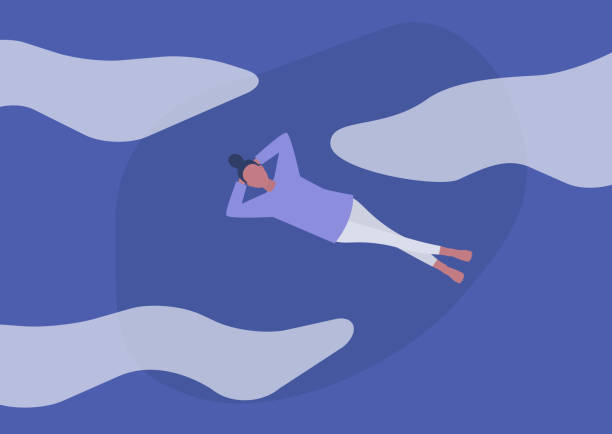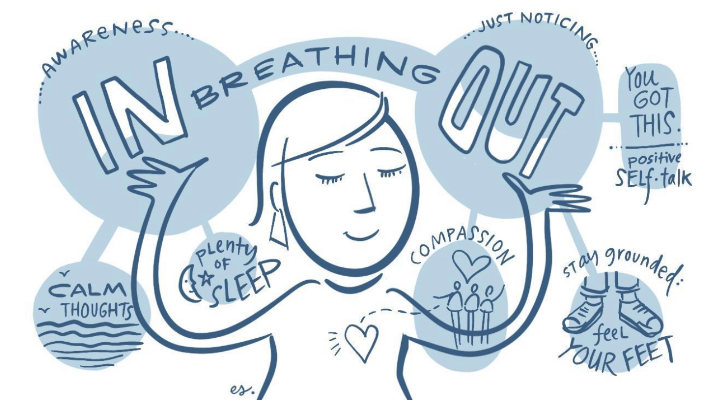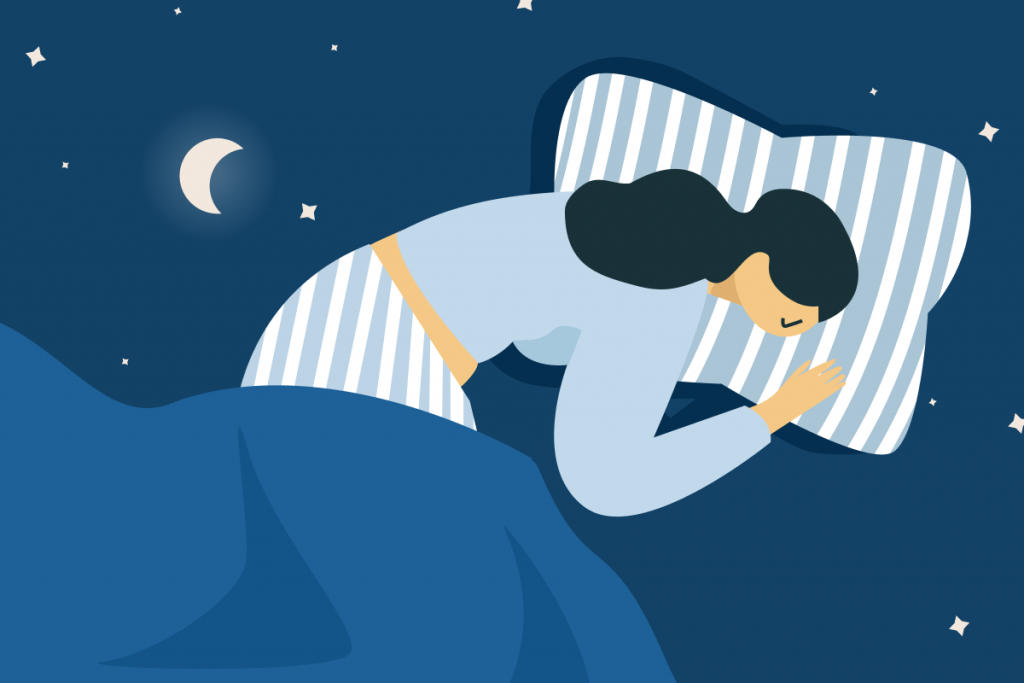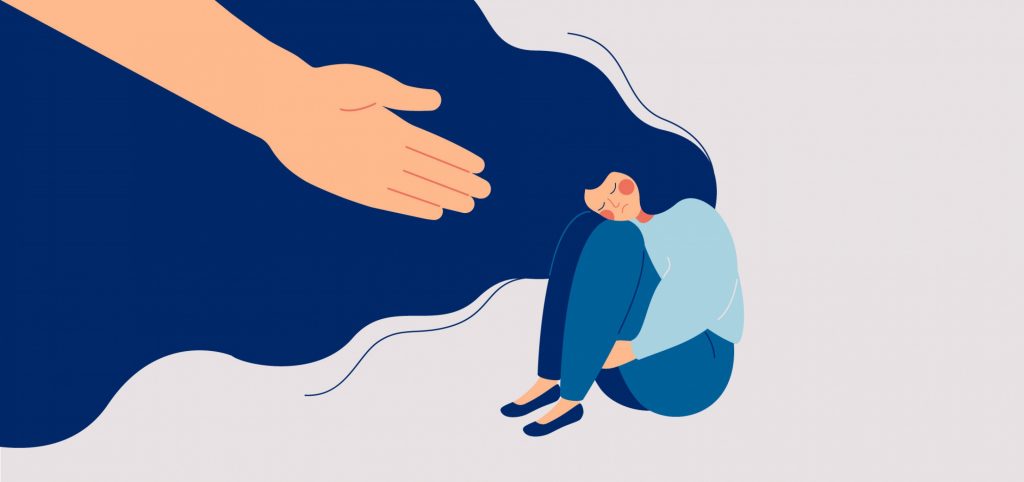Prioritising relaxation is vital for health but is very difficult for most families to achieve
because of our hectic modern lifestyles. Relaxation helps to reduce stress, improve
sleep quality, improve concentration, and boost resilience and perceived ability to cope.

Me-time
Go for a walk around the block, read a book or magazine, do some gardening, listen to music.
Try to make this part of the daily routine, the best way to introduce something new is to add
it to a habit or routine this is already established. So, for example, after hanging out the
washing, spend another 5 minutes in the garden pulling up some weeds or sit just in the
garden for a bit.
Children and young people: In this modern world, teenagers often head to their electronics
for ‘me time’, in small doses this is fine but try to encourage other things. Try to create
opportunities to do things for joy, free from pressure or expectation. Try to discuss with the
young person, which activities he/she gets the most enjoyment from and plan them into
his/her day with him/her.
Being present
This is about paying attention to what is happening right now to reduce the constant
thoughts that run through our minds about something that has happened or something that
may or may not happen in the future, or unhelpful thoughts about ourselves and what we
have done or haven’t done etc. So, for example, spend 5 minutes making a conscious effort
to pay attention to:
- the things you can hear;
- what you can see;
- what you can feel
It is normal for thoughts to distract you and for your mind to wander, especially when you
first start, just notice that your mind has drifted and choose to bring your attention back to
what you are doing at that moment.
The me-time activities can be even more effective if they are combined with efforts to
quieten the mind and to be present in the moment. So, for example, if you go for a walk, pay
attention to:
- the things you can hear (traffic, birds, children playing, the crunch of autumn leaves as you walk over them etc);
- what you can see (the leaves on trees blowing in the breeze, all the different shades of green in the trees, bushes, plants, grass, any birds, squirrels etc);
- what you can feel (the ground underneath your feet, your muscles moving and enabling you to walk, the breeze blowing against your skin or through your hair etc).
Kids: When you are out with your child verbally draw their attention to what is around them,
point out all the different colours, the different shaped leaves, the tree rocking back and forth
in the wind. Pick up some of natures wonders (e.g. pine cones, conkers) and give them to
your child to hold, ask them how they feel etc.
Teenagers: There are lots of mindfulness apps available that may appeal to your teenager.
The Calm app is particularly well-known.

When we feel stressed, we breathe differently, we often breathe more shallowly. In turn, this
sends messages to our brain that there is a problem/threat that we need to protect ourselves
from which then continues to make us feel stressed. But we can interrupt this process using
breathing techniques. For example, whenever you feel stressed:
- imagine a square and visualise tracing along the sides of the square with your finger,
- as you trace along the first side breathe in for four seconds;
- as you trace along the second side hold your breathe for four seconds;
- as you trace along the third side breathe out for four seconds;
- and as you trace along the fourth side hold your breathe for four seconds.
This is known as ‘Square Breathing’ but this is just one of many breathing techniques, if this
doesn’t appeal to you, many more examples can be found on the internet.

Sleep
Sleep is an essential component of our wellbeing, yet many of us do not get enough and it is
often one of the things we will cut back on when we are ‘too busy’. When we get enough
good quality sleep not only do our stress levels reduce, but our memory, concentration and
ability to learn increase. It is also good for us physically, as it increases energy, helps reduce
cravings for unhealthy food, and helps with weight management and preventing illness. To
support better sleep, there are lots of things you can do:
- Our bodies release a chemical, Melatonin to help us sleep, darkness triggers its
release and light will interfere with this process. So, ensure the bedrooms are
completely dark with no light coming from outside, alarm clocks, standby lights on
television etc. (ideally, remove all electronic devices from bedrooms). Also reduce
exposure to lighting in the evening, use dim table lamps rather than bright ceiling
lights. - The morning sun wakes us up, electronic devices emit blue light, which is the same
wavelength. So, using these devices in the evening can interrupt our sleep as the
light emitted from them confuses our sleep-wake cycle. There are two options here,
either turn off the blue light on the device or don’t use them for a minimum of 1.5
hours before bed. - Establish a consistent bedtime routine so your body knows sleep time is
approaching. - In the morning, open all the curtains, let the light in and ensure you spend time
outside in daylight every morning. This helps to regulate our sleep-wake cycle.
Kids: It is best to limit their time using electronic devices in the evening, try to ensure they
are put away at least 1.5 hours before bedtime. If your child needs a night light, find a lamp
that allows you to use a red bulb, red light interferes the least with your sleep. Kids also
benefit from a consistent bedtime routine.
Teenagers: Establish a rule that their phone and/or laptop is put away at a certain time each
evening. Yes, this is likely to be challenging given that many of their friends are likely to be
on social media well into the night. Explaining the reasons behind your request may prove
helpful. Getting your teenager into good sleep habits will serve them well in terms of their
learning.
*The content of this page is informed partly by professional knowledge and experience and
partly by Chatterjee. R. ‘The Four Pillar Plan: How to Relax, Eat, Move, Sleep Your Way to a
Longer, Healthier Life’. Penguin Random House: UK

Looking after yourself
It’s natural to feel anxious in this unprecedented situation: we wouldn’t be human if we didn’t!
If you are feeling anxious, take a moment to check in with yourself: stop, take a deep breath in and exhale fully, making a sighing sound as you breath out. Repeat three times. You can also roll your shoulders and stretch your limbs out and give them a shake, to help bring yourself back into your body.
Another way to help anxiety is to bring your hand to your heart and just rest it there while you slowly breath. Give yourself some love! This wonderful practice has been shown to calm the nervous system.
- Resources to help manage yours and your children’s anxiety – a guide for parents and carers from SNAP.
- NHS tips for dealing with anxiety.
- Support for your wellbeing during the pandemic from Mind.
If you need urgent mental health support
Contact NHS 111, or the NHS website can help you find an urgent mental health helpline.
< Back to previous
